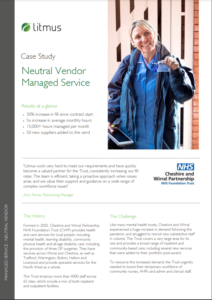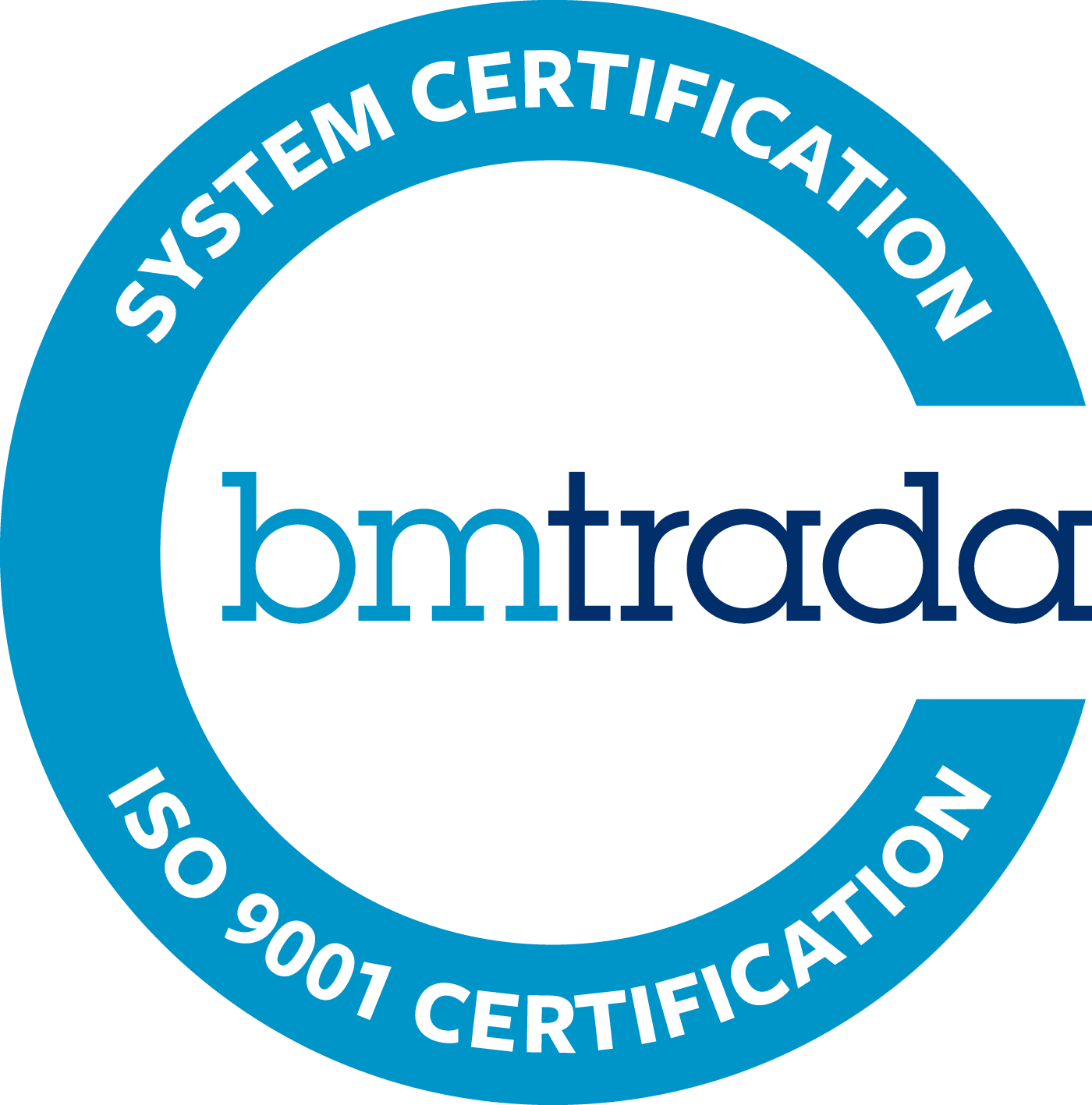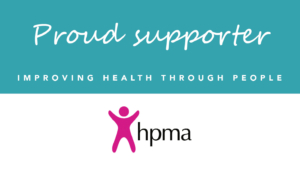Neutral Vendor Staffing Solutions Explained
By Helen Pendlebury, Director of Client Services
When it comes to managing temporary staffing, an increasing number of NHS providers are now choosing Neutral Vendor agreements over traditional Master Vendor agreements.
There are advantages to both models, but Neutral Vendor models are particularly suited for niche or hard-to-fill areas, where it is important to maintain relationships with existing specialist suppliers.
Neutral Vendors are also more incentivised to find innovative ways to reduce staffing costs, and with NHS England planning to cut ICB staffing budgets by 30% by 2025, procurement teams are now advocating the use of models with the best potential for cost savings.
Neutral Vendor models also sit very well alongside Managed Staff Banks, as a Neutral Vendor provider managing both can put a specific focus on migrating workers from agency to bank.
How does a Neutral Vendor Managed Service differ from a Master Vendor Agreement?
Whilst a Master Vendor agreement has one main supplier managing all vacancies, and getting the first option to fill them before they are released to a second tier, a Neutral Vendor agreement sees one workforce solutions provider releasing bookings to all agency suppliers at the same time.
Whereas Master Vendors get most of their fees through sourcing and supplying temporary workers, Neutral Vendors purely charge a management fee for delivering the service. When compared directly, Neutral Vendor fees appear to be more expensive, but the savings delivered are typically higher as the model encourages more competition and providers are more incentivised to reduce costs, often by driving down reliance on high-cost agencies or migrating workers from temp to perm or bank.
How does it work?
A Neutral Vendor forms a network of partner agency suppliers and releases all vacancies to their network simultaneously, aiming to find the most suitable and cost-effective candidates to fill shifts.
Litmus typically deploys a team of workforce specialists, often based onsite, with a dedicated focus on filling vacancies and providing recruitment help and industry advice to hiring managers.
Our central supply chain management team maintains the relationship with all agency suppliers, releasing vacancies, ensuring candidates are paid promptly and conducting regular audits to ensure all contractual and compliance requirements are being met.
One single system is used to manage rotas, authorisations, timesheets and consolidated invoicing, and management teams have a single point of contact for all suppliers. Cost savings are benchmarked and reported on monthly, with a detailed MI dashboard to show where further cost savings could be achieved.
5 Key Benefits to Neutral Vendor Models
- Protected supplier relationships
A Neutral Vendor model allows an NHS organisation to maintain relationships with existing suppliers that they know and trust. Some agencies are specialists in recruiting for hard-to fill roles and have long-standing relationships that need to be protected and nurtured.
Keeping existing suppliers also means services can be implemented faster, with minimal change and internal resistance to new ways of working. - Competition on quality and price
A wider supply chain naturally encourages more competition, with all suppliers benchmarked against others. Unlike 2nd tier agencies within a Master Vend, suppliers supporting a Neutral Vendor are motivated to fill at competitive rates as they receive recognition for doing so. Many Neutral Vendor providers organise suppliers into tiers, with new shifts released first to the suppliers with the best prior performance on quality or price. Likewise, suppliers that present non-compliant candidates, workers that cancel at short notice or do not turn up, or higher than average rates are penalised with less opportunity to supply. - Standardised processes and centralised management
The recruitment process is standardised across all suppliers, who must all meet the same terms and conditions, compliance standards and SLAs. The management of these suppliers is centralised, so NHS providers get all the benefits of a wide supply chain without the burden of the admin. - Streamlined processes
Healthcare providers benefit from having a single point of contact for a wide supply chain, and one single consolidated invoice for the entire service – instead of a mountain of monthly invoices from every agency on their preferred list. - Cost savings and long-term fill sustainability
Neutral Vendor suppliers are more incentivised to make savings, with SLAs for fill rates and cost reduction often built into contracts. When Master Vendors are unable to maintain a high percentage of supply it becomes unprofitable for them to continue to deliver the service and the overall management of the supply of temporary workers can be compromised.
 Litmus – a Proven Track Record
Litmus – a Proven Track Record
Litmus currently operates six Neutral Vendor contracts across the NHS and has a wide supply chain of over 120 partners. With fill rates and supplier compliancy levels well over 90%, Litmus regularly receives glowing endorsements from the NHS, with 100% of customers rating our staffing support as excellent. For more information read our latest case study: A Valued Partner for Cheshire and Wirral Partnership
For more information about our Neutral Vendor Managed Services, click here
You can also email our team directly for an informal chat about your needs.






